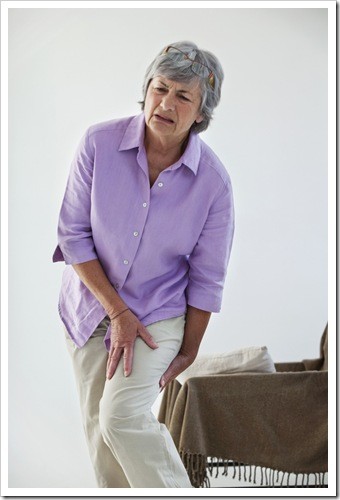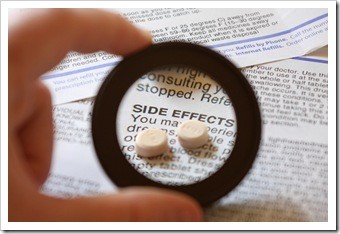Posts Tagged ‘Chiropractic Quincy’
Welcome to Family Practice of Chiropractic's Chiropractic Quincy Archive. Here you can learn more about Family Practice of Chiropractic, Chiropractic, and Dr. Gabrielle Freedman, today's choice for Chiropractors in Quincy, MA. Read Dr. Gabrielle Freedman's Chiropractic Chiropractic Quincy for the health of it.
We look forward to serving you! Call - (617) 472-4220.
by Dr. Gabrielle Freedman | Sep 4, 2025 | Health Articles

That strange tingling, prickling, or “pins and needles” feeling in your hands or feet isn’t just annoying—it may be your body’s warning signal. At in , , we help patients every day in Quincy MA uncover the real cause of nerve-related symptoms and restore proper function naturally. What Is a Pinched Nerve—Really? Though we call...
Read More >>
by Dr. Gabrielle Freedman | Jun 19, 2018 | Health Articles

It always comes at the most inopportune times, but at one time or another, we have all experienced the discomfort of bloating abdominal pain, gas, diarrhea or constipation. Unfortunately, for many people, this has become a daily occurrence. Traditionally, triggers have thought to have been anything from stress, eating certain foods, stomach or bowel infections. ...
Read More >>
by Dr. Gabrielle Freedman | Apr 26, 2018 | Voice For Health

When you experience a “pins and needles” sensation, feel tingly, or suffer from muscle weakness, you may have a “pinched” nerve. Also known as “radiculopathy,” a pinched or compressed nerve occurs when bone, muscle, ligaments, or cartilage press against a nerve. Aside from the potential for significant discomfort or weakness, a pinched nerve in the...
Read More >>
by Dr. Gabrielle Freedman | Apr 3, 2018 | Health Articles

Many of us have been misled into thinking pain is a problem. A headache? Numb it. Gallbladder malfunctioning? Remove it. A sore throat? Soothe it. Although these seem like logical assumptions, the pain you are experiencing is actually the effect of the problem and not the cause. Medication Today Nowadays you are unable to turn...
Read More >>
by Dr. Gabrielle Freedman | Mar 22, 2018 | Health Articles

Have you ever witnessed a professional or Olympic athlete that seems to be superhuman? Did you sit and watch mesmerized by their quick reflexes, amazing speed, and agility? We all have. While many simply believe it's "enhancement drugs" others, who are sports athletes, investigate further to find out what measures they are taking to become the 1%...
Read More >>





